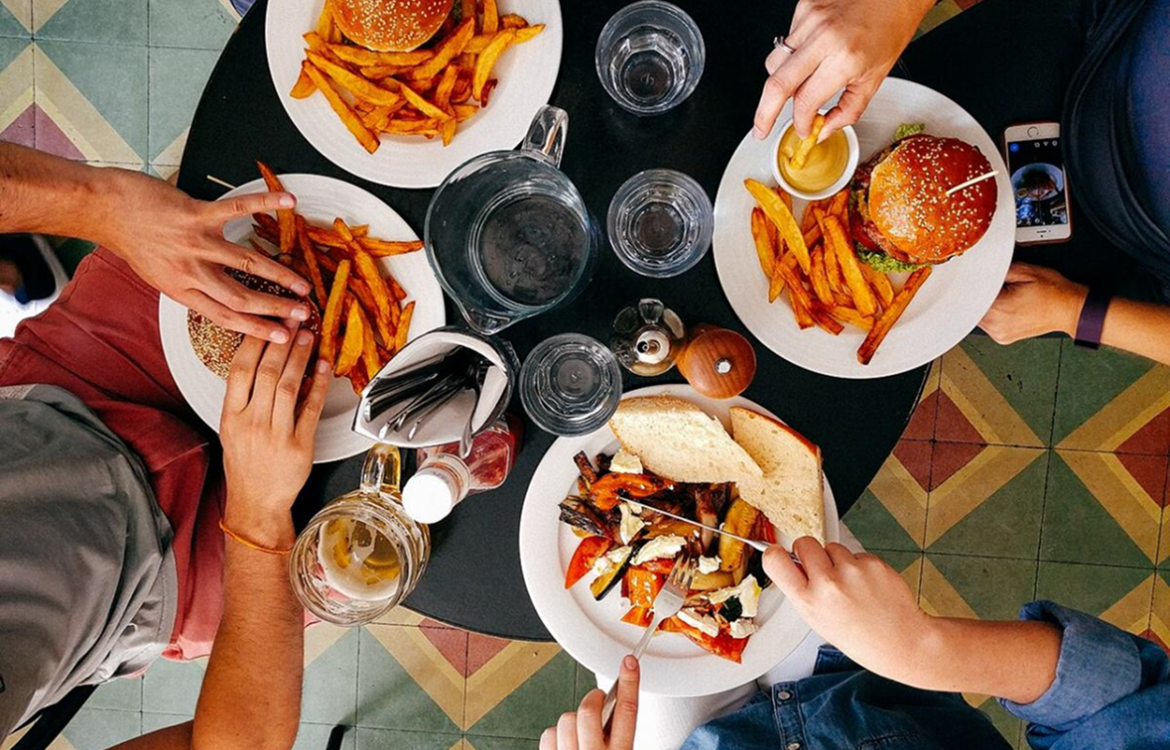Globalisation and the Evolution of Identity
Globalisation has brought unprecedented access to international ingredients and cooking methods. While some fear this may dilute traditional food culture, culinary anthropology suggests the opposite — that national cuisines evolve precisely because of outside influences. Britain’s food scene is richer and more diverse than ever, with artisanal markets, fusion restaurants, and global street food festivals all contributing to a dynamic national palate.
Advertising
However, globalisation also raises questions about authenticity and sustainability. As British consumers embrace exotic flavours, there is a growing movement to protect local produce and support seasonal, regional ingredients. This tension between global and local influences is part of the ongoing negotiation of what it means to “eat British” in the 21st century.
Food and the Future of British Identity
Looking forward, culinary anthropology will play a vital role in documenting how climate change, technology, and shifting demographics will affect British cuisine. Innovations such as lab-grown meat, plant-based alternatives, and zero-waste dining will shape the next chapter in the nation’s food history. Yet, no matter how the menu changes, the link between food and identity will remain strong.
In the end, British cuisine is a living narrative — one that tells the story of resilience, adaptation, and cultural dialogue. From the simplest cup of tea to the most elaborate banquet, food continues to shape not just how Britain eats, but how it sees itself.

